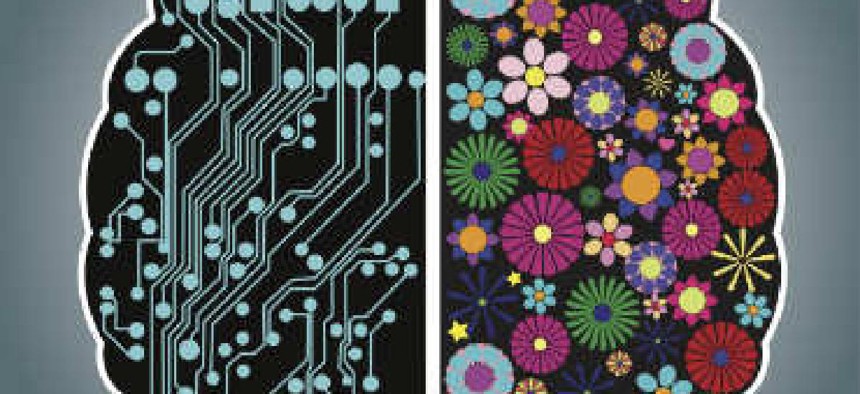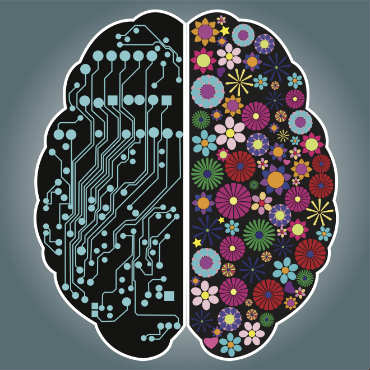Measuring knowledge at NASA

NASA has metrics to gauge competency, but Chief Knowledge Officer Ed Hoffman says hard skills aren't everything.

E-learning has become almost ubiquitous over the last decade, while virtual social learning is now spreading rapidly. Yet NASA's Knowledge Services team isn't paying much attention to either training fad.
Ed Hoffman, NASA's chief knowledge officer, said training is merely one aspect of what is otherwise an eclectic pursuit of a knowledgeable workforce.
"We de-emphasize training a little bit because I see organizations -- NASA's been there -- where the notion is that training is the only thing," Hoffman said during a May 15 panel discussion at FOSE.
Instead, developing a better workforce is also about mastering team building, organizational politics, negotiation techniques and what Chris Jandes of the Project Management Initiative calls soft skills. "You just can't have IT skills without having some of the management and soft skills," he stressed.
Hoffman said that during his three-decade tenure at NASA, he has seen first-hand what a void in management skills can do. He has witnessed the best and the brightest crash and burn because they can't get along with each other, while less-talented people have gotten the job done.
"From a competency capability standpoint, they were the most talented people, but they blew themselves up because they didn't like each other, they didn't communicate," Hoffman said. "We have very talented people, incredibly talented people but we've got to do things to create an environment where they can be successful."
The social skills and political savvy come from negotiation programs, mentorship and experience. Hoffman said training is indeed important, but it can't be the only means to create a knowledgeable workforce. "If that's the only thing being done in this current environment, I don't think it's going to be able to be successful at creating knowledgeable people," he said.
But there is a definitely a place for training at NASA – if you define training the way Deputy Chief Knowledge Officer Jon Boyle defines training.
"Training is developing people in order to be able to do things more effectively and efficiently," Boyle said. "If I find the information and I can give them what they need to be able to search for and find, I'm making them more effective and efficient and all I have to do is teach them the interface."
Training is less about navigating through a training program on a computer or going to a seminar than about constant access to relevant content, Boyle said. The key is making that content findable for employees and spotlighting information that can be digested on mobile devices.
Once that content is available, managers can use "return on engagement" metrics to gauge knowledge transfer. For example, rather than measuring the amount of clicks on a piece of content, an ROE would look at the duration of a visit or what was downloaded.
"An engagement metric implies that you did something when you came to our site and there was active search and findability that you were applying to it," Boyle said.
NEXT STORY: East retiring as Treasury CIO


